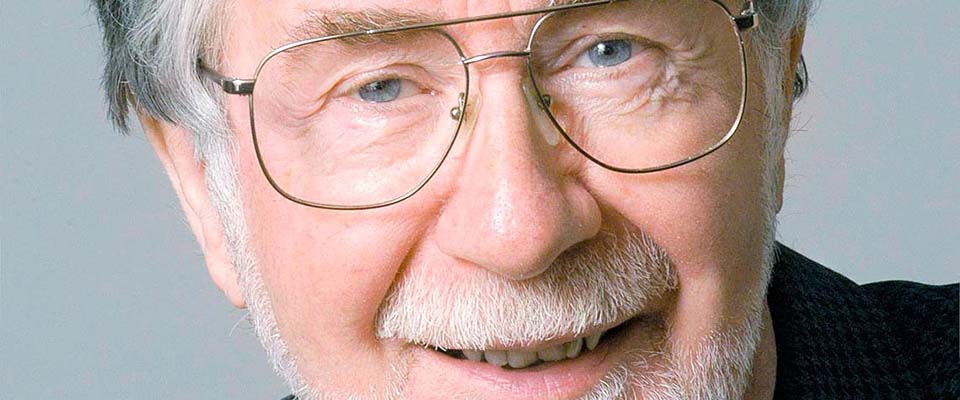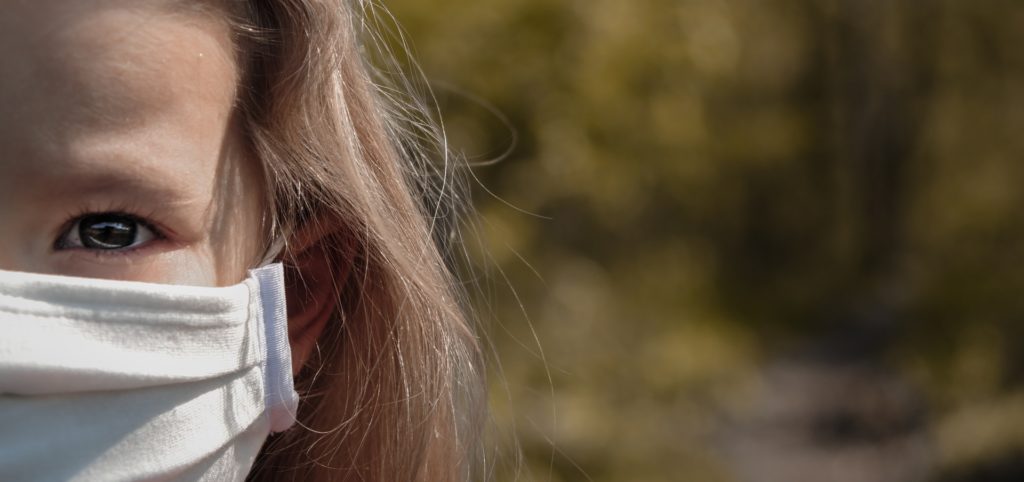1. You’ve been at the forefront of family planning debates for many years and are now working to bring to market an over-the-counter birth control pill for the first time in the United States. What are the public health benefits of readily available contraception?
Having worked all over the world to make family planning and safe abortion as widely available as possible, I am vividly aware of how many unnecessary and unjustified barriers so often exist between the woman and the information she needs in order to control her own fertility. Even in America, 50 percent of pregnancies are unintended.
I am vividly aware of how many unnecessary and unjustified barriers so often exist between the woman and the information she needs in order to control her own fertility.
Oral contraceptives are safer than aspirin. The American College of Obstetricians and Gynecologists and other professional boards endorsed an over-the-counter Pill. The only reason they remain on prescription is because pharmaceutical companies make more profits from prescription drugs than over-the-counter drugs.
2. So how does one go about changing that?
The Food and Drug Administration (FDA) controls over-the-counter sales. In order to switch a drug from prescription to over-the-counter (OTC) sale, a company must own the rights to that drug. So, in 2014, I cofounded a company to sell the Pill OTC, and in 2015 we purchased the ideal low-dose oral contraceptive. We will sell it wherever condoms are sold, keeping the price low so that uninsured and undocumented women can buy it. It will take us until about 2018 to do the tests of safety that the FDA necessarily requires.
3. Are there any potential public health risks associated with over-the-counter birth control?
In retrospect, I am sure that I wasted hundreds of hours prescribing pills to women who could have made an equally good decision by reading a clearly written label on the back of the packet.
All contraceptives have their risks. Some women, such as heavy smokers over the age of 35, should never use the Pill. Diabetics and hypertensive women should ask their doctors what to do. Issues of safety are the same for prescription and nonprescription drugs. In retrospect, I am sure that I wasted hundreds of hours prescribing pills to women who could have made an equally good decision by reading a clearly written label on the back of the packet.
More than 1 million women take the Pill for its noncontraceptive benefits, such as menstrual regularity or reduction in menstrual cramps. Even more important, women who use oral contraceptives for a few years see a lifelong, significant reduction in the prevalence of ovarian and uterine cancer, and measurable reduction in bowel cancer and melanomas.
4. You’re a public health expert, but much of your work also involves conflict resolution in global crises. How do politics and global health intersect?
Many societies remain highly patriarchal. Some men are threatened by the idea that a woman has a right to control her own body. This is true in Afghanistan and it is true in Texas, and many other parts of the U.S. But when women are given family planning choices, remarkable changes can occur. The Islamic Republic of Iran is a theocracy and often perceived as harshly controlling of women, but when Ayatollah Khomeini approved the use of contraception and family planning was made available, family size fell more rapidly in Iran than it did in China—and in an entirely voluntary way, without any one-child policy. There are now more women in Iranian universities than men. I think it’s a country that will become increasingly democratic and prosperous.
5.You’re also a leader in bringing attention to the Sahel region of Africa, which is facing serious threats from global warming, extreme poverty, and rapid population growth. Can you tell us about that effort?
Sahel is the Arabic word for shore—in this case, the shore of the Sahara Desert. It is a harsh, semi-arid area, neglected by donors, and subject to weak government, corruption, and terrorist attacks from groups such as Boko Haram.
In 2012, the School of Public Health and the College of Natural Resources hosted an international conference bringing together a multidisciplinary group of experts from the Sahel and from Cal, to discuss climate change and population growth in this region of the world. We called it the OASIS conference because we focused on Organizing to Advance Solutions in the Sahel. We identified three pillars to ameliorate the problems facing the region: make family planning easily available, educate girls in secondary school, and disseminate technologies people need to adapt their crops and cattle to a warming climate.
We have a long way to go, but we have been stunningly successful keeping girls in school and are working hard to build human capital and mentor professionals who understand the problems confronting their region and who will organize to find solutions.




















